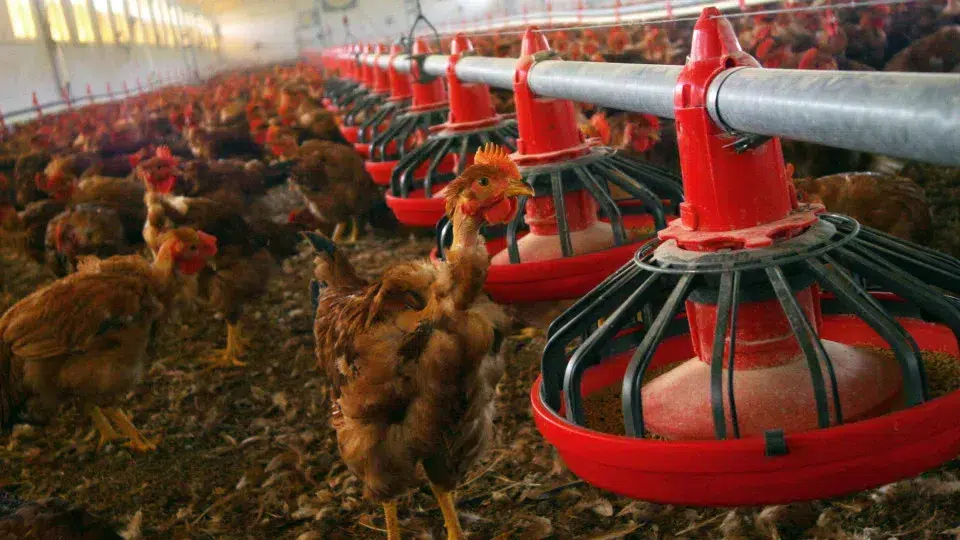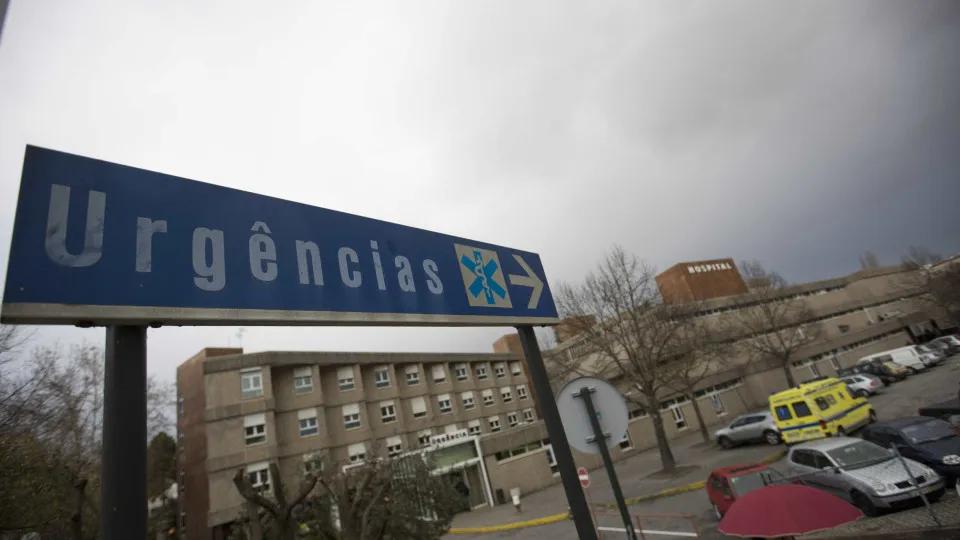
Considering the severe epidemiological situation of highly pathogenic avian influenza in the European Union, as well as the increase in confirmed outbreaks of this disease in the national territory, the risk of spreading the disease remains very high, according to a statement published today.
As a result, the Portuguese Directorate-General for Food and Veterinary (DGAV) has ordered the confinement of domestic birds across mainland Portugal.
Additionally, the DGAV has prohibited the holding of fairs, markets, exhibitions, and contests involving poultry and captive birds.
In protection and surveillance zones, the movement of birds from establishments located there is banned, as well as the restocking of game bird species, fairs, markets, exhibitions, and the movement of fresh meat from slaughterhouses or game handling establishments.
The movement of eggs for human consumption and animal by-products obtained from birds held in establishments located in these areas is also prohibited.
The European Food Safety Authority (EFSA) urged European Union (EU) countries on Monday to strengthen security measures against avian influenza, following alerts of new outbreaks.
Between September 6 and November 14, there were 1,443 outbreaks of avian influenza detected in wild birds across 26 EU countries, the highest number since at least 2016, according to EFSA data.
This authority has called on countries to enhance surveillance and implement biosecurity measures according to published recommendations.
Among the recommendations are the confinement of birds in areas affected by avian influenza, close monitoring of stopping points along migratory routes of wild birds, and avoiding the artificial feeding of wild birds.
Carcasses of wild birds should be immediately removed to prevent the risk of contagion with other species.
Hunting should be reduced, as well as the use of drones or other activities that may disturb the birds.
In Portugal, a new outbreak of avian influenza was detected in Ramalhal, Torres Vedras, in a domestic coop with geese, ducks, guinea fowl, and quail, announced the DGAV on Monday.
The total number of detected outbreaks this year has now risen to 39.
According to information published by the DGAV, this outbreak was confirmed last Friday, the same day a case was reported at a commercial fattening turkey farm, also in Torres Vedras.
Additionally, three outbreaks were confirmed the same day in the Aveiro district, involving wild birds.
A simultaneous outbreak was detected on Friday in a domestic coop with chickens and ducks in Santarém.
The DGAV has been warning that the risk of spreading avian influenza is currently high and has called for the implementation of safety measures.
Transmission of the virus to humans is rare, with sporadic cases reported worldwide. However, when it occurs, the infection can lead to a severe clinical condition.




